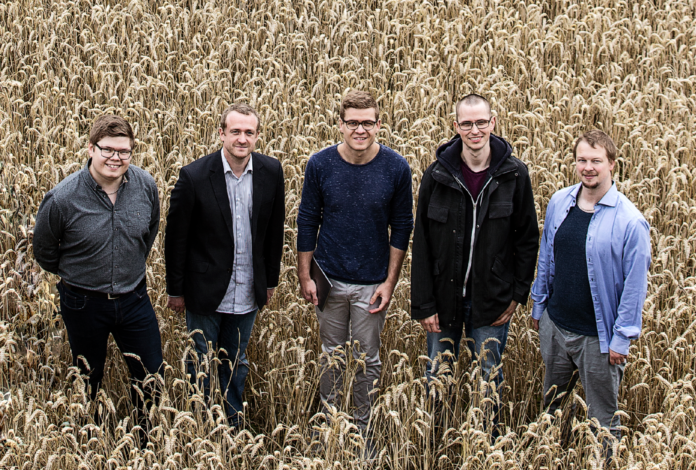Denmark-based FieldSense has just raised €2.9 million for its tech that is providing farmers with actionable insights on local microclimatic conditions. The funding was led by Danish Agro, with Rockstart as co-investor alongside Pajbjergfonden.
Today, farming has gone digital. Farmers are surrounded by data from a variety of sources, utilizing this data effectively can have a massive positive impact on farmers everyday life. One thing that also massively impacts farmers everyday life is the weather. It impacts everything from harvesting to fertilising, to animal management and everything in between.
Founded in 2015, FieldSense launched its agtech weather services in 2018. The startup provides hyper-local weather information and forecasts to help farmers monitor and act upon changes in local, microclimatic conditions. Based on weather data from in-field, solar-powered weather stations, the Danish agtech company creates user-friendly tools for farmers to help them in various important decisions. The FieldSense weather station is tailored for agro-purposes, accompanied by a farming-oriented and intuitive app.
Every day, FieldSense collects more than 2 million weather measurements from close to 16.000 sensors that farmers can use in their day-to-day planning and operations – a real game-changer for the industry.
CEO John Smedegaard commented: “We’re excited to take the next steps on our journey to bring better weather information to farmers. With the joint support from our current investors and Rockstart, we’ll be intensifying our efforts to obtain a stronger market presence in existing and new markets in Europe.”
The fresh funding will be used to strengthen FieldSense’s position in the market, as well as expand into new ones.
Commenting on the round, Mark Durno, Managing Partner AgriFood, Rockstart stated: “With thousands of operational weather stations already installed, FieldSense has more weather sensors than many governments. Their ability to “map” microclimate efficiently and affordably gives the granularity and accuracy that farmers need to plan and mitigate climate risk properly. We are delighted to be working with the team and excited to see where else the technology can have a positive impact.”




